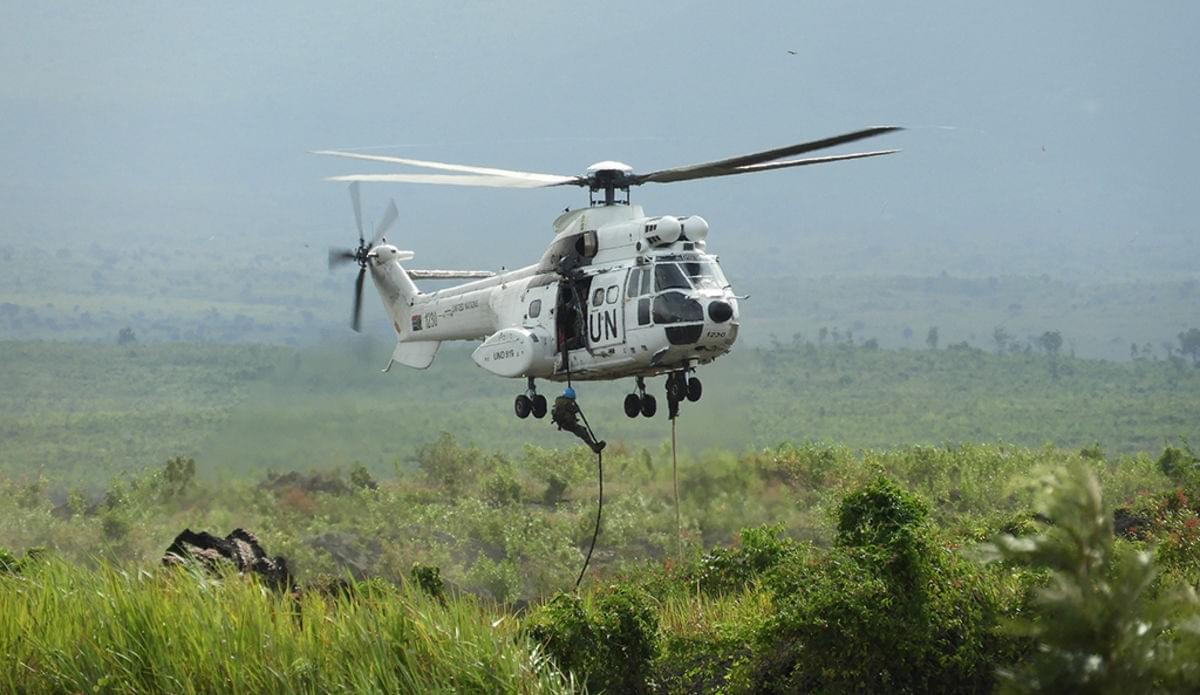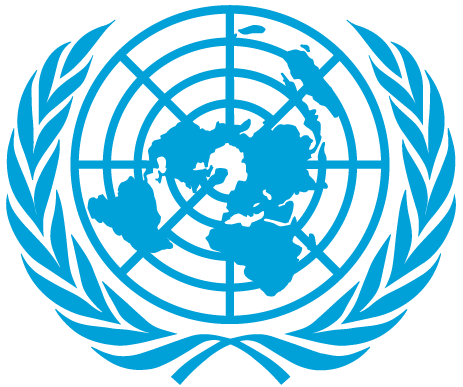

What We Do
UN Peacekeeping: Global peace at work.

Overview
For over 70 years, UN peacekeepers have demonstrably improved the lives of millions, fostering conditions for peace. However, their success hinges on viable political processes. Peacekeeping supports, not replaces, national efforts.
Political will and cooperation from conflicting parties and host states are crucial. Peacekeepers cannot create peace alone. The Security Council plays a vital role in securing commitment and providing clear mandates.
Beyond protecting civilians, peacekeepers actively prevent conflict, reduce violence, and empower local authorities. This demands a unified security and peacebuilding strategy aligned with the political agenda. UN peacekeeping strengthens conflict resilience, addressing root causes for long-term stability.
Strong partnerships between the UN, Security Council, and troop-contributing nations facilitated the successful completion of 55 missions. Continued evolution is vital, aiming for agility and adaptation in volatile environments. Embracing technology and innovation remains a key commitment.

Principles and Guidelines
United Nations Peacekeeping Operations: Capstone Doctrine outlines the most important principles and guidelines for UN peacekeepers in the field.
Fraud Alert
The United Nations has been made aware of various correspondences, being circulated via e-mail, Internet websites, text messages and via regular mail or facsimile, falsely stating that they are issued by, or in association with the United Nations, officials, and/or its affiliates. These scams, which may seek to obtain money and/or in many cases personal details from the recipients of such correspondence, are fraudulent.
The United Nations wishes to warn the public at large about these fraudulent activities being perpetrated purportedly in the name of the Organisation, and/or its officials, through different fraud schemes.
- The United Nations does not charge a fee at any stage of its recruitment process (application, interview, processing, training) or other fee, or request information on applicants’ bank accounts. To apply for a job go to careers.un.org and click on Vacancies. See more on employment-related fraud.
- The United Nations does not charge a fee at any stage of its procurement process (supplier registration, bids submission) or other fee. Visit the Procurement Division to see the latest business opportunities with the United Nations.
- The United Nations does not request any information related to bank accounts or other private information.
- The United Nations does not offer prizes, awards, funds, certificates, automated teller machine (ATM) cards, compensation for Internet fraud, or scholarships, or conduct lotteries.
- The United Nations does not approve military vacations or pensions, or release packages in exchange for a fee.
- The United Nations strongly recommends that the recipients of solicitations, such as those described above exercise extreme caution in respect of such solicitations. Financial loss and identity theft could result from the transfer of money or personal information to those issuing such fraudulent correspondence. Victims of such scams may also report them to their local law enforcement authorities for appropriate action.
Not an official document. For information only.
International Commission of Diplomatic Relations, Human Rights and Peace

